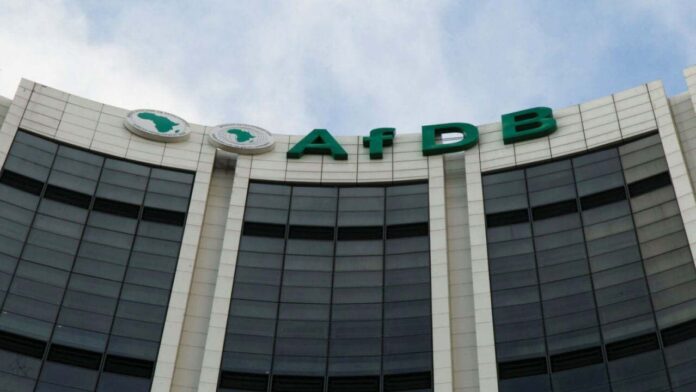Abuja, Sept. 29, 2023: The African Development Bank (AfDB) Group has unveiled a country-by-country economic reportson Africa’s climate change and green growth financing needs.
The aim of the report is to guide African policymakers in their discussions during the 28th United Nations(UN) Conference on Climate Change (COP 28).
The bank in a statement said the global event would take place in Dubai, United Arab Emirates, from Nov. 30 to Dec. 12.
The new Country Focus Reports (CFRs) provide analysis and policy recommendations to strengthen countries’ active participation at COP 28.
The theme of the reports is “Mobilising private sector finance for climate and green growth in Africa”.
The report foster policy dialogue on macroeconomic performance and outlook and provide insights on mobilising private sector and natural capital finance to drive the continent’s climate resilience and green growth policies.
Prof Kevin Urama, AfDB’s Chief Economist and Vice President, said the reports would evoke sound, practical and implementable policies to enhance private sector financing for climate change and green growth.
“As countries prepare for COP28, the reports provide each African country with independent, verified analysis and recommendations.
“For evidence-based negotiations during the global conversation on climate finance and green transitions.
“The reports contain several short, medium, and long-term policies to accelerate African countries’ economic growth and build resilience to shocks. “They provide governments and potential investors with up-to-date, accurate data to inform policy and investment decisions,”Urama said
The vice president said climate change had been identified as one of the most pressing existential threats to Africa’s inclusive growth and sustainable development.
According to Urama, this year’s country reports explore opportunities to leverage private sector resources and natural capital to close the climate finance gap.
He said this would support the transition to inclusive, strong, and sustainable green growth.
According to Urama, expanding private sector participation in green growth markets requires several policy interventions, including strengthening the capacity to develop long-term green growth strategies.
He said that this includes the development of appropriate regulations and incentives, supporting project preparation and development, and developing more robust capital markets.
“This will support easy entry and exit for domestic and global investors.
“It will require greater use of blended finance, the use of de-risking facilities at scale, and the development of platforms.
“That allow the private sector to invest in a portfolio of green projects, rather than individual projects, to diversify and manage risk,” Urama said.
The AfDB’s Acting Director of Country Economics, Ferdinand Bakoup, said the Country Focus Reports 2023 built on the African Economic Outlook 2023 which was launched in May.
Bakoup said the report also build on the subsequent Regional Economic Outlooks launched in July.
He said: “the CFRs’ detailed country-level analysis and policy recommendations will impact policy design and future projects and programmes in African countries.
“Through these continental, regional, and country-specific reports, AfDB seeks to reduce the information imbalances that result from generalising about countries across a very diverse continent.
“The document highlights how governments can strengthen macroeconomic performance and outlook and catalyse private sector and natural capital finance to support climate action and green growth initiatives in the country.
“These include green bonds, debt for climate swaps, green banks, blended finance, carbon markets, and several other innovative financing instruments,”he said.
The African Economic Outlook (AEO) 2023 and the Regional Economic Outlooks reports highlight the resilience of several African economies despite a series of compounding shocks in recent years.
The shocks include the COVID-19 pandemic, persistent impact of climate change, global conflicts, financial market volatility, rising debt vulnerabilities and more.
The Country Focus Reports gives more specific insights for each African country.




